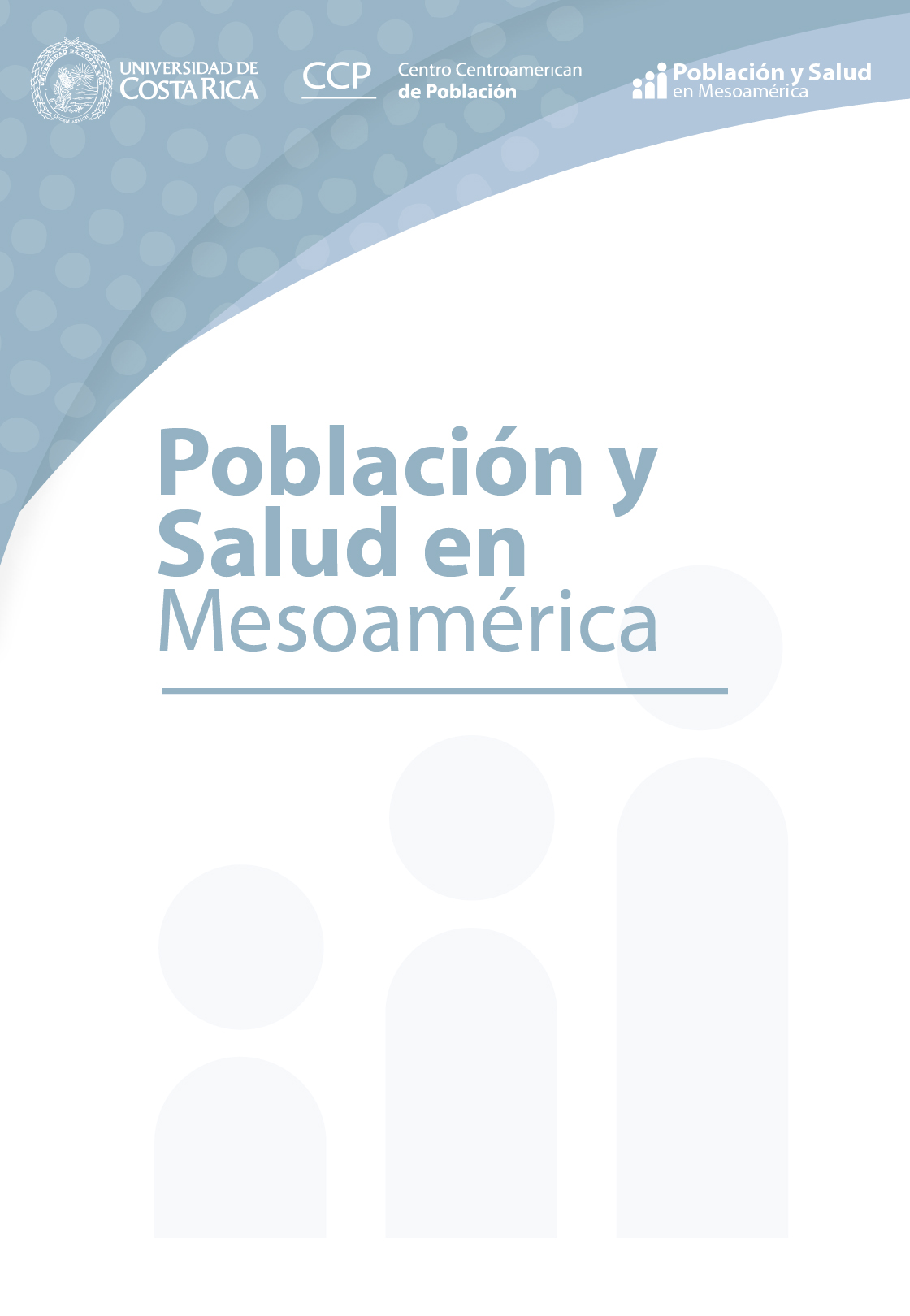Resumen
Objetivo: Analizar los factores socioculturales que influyen en la práctica de la lactancia materna y la alimentación materna. Método: El estudio es cualitativo de tipo exploratorio, con muestreo no probabilístico y con la técnica de bola de nieve; se aplicó una entrevista semiestructurada a mujeres de 18 a 50 años, previa firma de consentimiento informado. Resultados: Se entrevistó a 21 mujeres lactantes o en el último trimestre de embarazo, 12 primerizas y 9 no primerizas; la mayoría con un rango de edad de 20 a 29 años. Las creencias identificadas sobre la lactancia materna y su práctica fueron emoción, conocimiento, apego, dificultad, desigualdad; las entrevistadas refirieron que la lactancia materna es una experiencia única, pues crea un vínculo madre-hijo y, a la vez, brinda seguridad y protección a sus hijos. También, revelaron mitos/creencias respecto a la alimentación de la madre, como el uso de bebidas para favorecer la producción de la leche. Conclusión: El entorno en donde se encuentran las madres determina el inicio, la duración y el éxito de la lactancia materna, de ahí, la importancia de conocer el punto de vista de las madres. La lactancia materna puede estar influenciada por discursos o prácticas culturales que en ocasiones resultan ser contradictorios, incluso, algunos carecen de fundamentos científicos. Por tanto, es importante seguir realizando este tipo de estudios para determinar a profundidad cuáles son los obstáculos a superar, en interés de llevar a cabo una buena promoción y fomento de la lactancia materna.
Citas
Angelo, B. H. de B., Pontes, C. M., Sette, G. C. S., & Leal, L. P. (2020). Knowledge, attitudes and practices of grandmothers related to breastfeeding: A meta-synthesis. Revista Latino-Americana de Enfermagem, 28, e3214. https://doi.org/10.1590/1518-8345.3097.3214
Arciniegas Barón, M. y Henao Molina, C. Y. (2014). Representaciones sociales en lactancia materna de un grupo de 14 mujer 14 mujeres en edad r es en edad reproductiv oductiva de la comunidad educativ a de la comunidad educativa de la a de la Universidad de La Salle sede Chapinero [Universidad de la Salle]. m https://ciencia.lasalle.edu.co/trabajo_social/167
Becerra-Bulla, F., Rocha-Calderon, L., Fonseca-Silva, D. M. y Bermudez-Gordillo, L. A. (2015). El entorno familiar y social de la madre como factor que promueve o dificulta la lactancia materna. Revista de la Facultad de Medicina, 63(2), 217–227. https://doi.org/10.15446/revfacmed.v63n2.44051
Bertran Vilà, M. (2010). Acercamiento antropológico de la alimentación y salud en México. Physis: Revista de Saúde Coletiva, 20, 387–411. https://doi.org/10.1590/S0103-73312010000200004
Brahm, P. y Valdés, V. (2017). Beneficios de la lactancia materna y riesgos de no amamantar. Revista Chilena de Pediatría, 88(1), 07–14. https://doi.org/10.4067/S0370-41062017000100001
Durán Menéndez, D. R., Villegas Cruz D., Sobrado Rosales Z. y Almanza Mas M. (1999). Factores psicosociales que influyen en el abandono de la lactancia materna. Revista Cubana Pediatrica, 71(2), 72–29. http://scielo.sld.cu/scielo.php?script=sci_abstract&pid=S0034-75311999000200003
Encuesta Nacional de Salud y Nutrición. (2018). Presentación de resultados. https://ensanut.insp.mx/encuestas/ensanut2018/doctos/informes/ensanut_2018_presentacion_resultados.pdf
Escott Stump, S. (2011). Nutricion, diagnostico y tratamiento. Embarazo (Septima). Wolters Kluwer.
García-Magdaleno, V. G., Laureano-Eugenio, J., García-Magdaleno, V. G. y Laureano-Eugenio, J. (2019). Representaciones sociales frente a la lactancia materna en mujeres rurales y urbanas de Jalisco, México: estudio cualitativo. Revista Colombiana de Obstetricia y Ginecología, 70(2), 83–93. https://doi.org/10.18597/rcog.3303
Gomez Delgado, Y. y Velazquez Rodriguez , E. B. (2019). Salud y cultura alimentaria en México. Revista Digital Universitaria, 20(1). http://doi.org/10.22201/codeic.16076079e.2019.v20n1.a6
Gonzalez de Cosio-Martinez, T. y Hernandes Cordero, S. (2017). Lactancia Materna en Mexico. Instituto Nacional de Salud Publica. https://www.insp.mx/avisos/4510-lactancia-materna-estrategia-salud.html
Kelishadi, R. y Farajian, S. (2014). The protective effects of breastfeeding on chronic non-communicable diseases in adulthood: A review of evidence. Advanced Biomedical Research, 3(1), 3. https://doi.org/10.4103/2277-9175.124629
Martin Morales, J. M. (2012). Recomendaciones sobre lactancia materna del Comité de Lactancia Materna de la Asociación Española de Pediatría. Asociacion Española de Pediatria. https://www.aeped.es/comite-nutricion-y-lactancia-materna/lactancia-materna/documentos/recomendaciones-sobre-lactancia-materna
Mota-Castillo, P. J., Hernández-Ibarra, L. E., Pelcastre-Villafuerte, B. E. y Rangel-Flores, Y. Y. (2019). Experiencias y creencias de madres sobre la lactancia materna exclusiva en una región de México. Journal of Nursing and Health, 9(1). https://doi.org/10.15210/jonah.v9i1.14499
Organización Mundial de la Salud. (s. f.). Lactancia materna. https://www.who.int/es/health-topics/breastfeeding
Ortega-Ramírez, M. E. (2015). Recomendaciones para una lactancia materna exitosa. Acta pediátrica de México, 36(2), 126–129. http://www.scielo.org.mx/scielo.php?script=sci_abstract&pid=S0186-23912015000200011&lng=es&nrm=iso&tlng=es
Palafox, M. I. A. y Ortega, M. A. F. (2007). Lactancia materna exclusiva. Revista Facultad de Medicina UNAM, 50(4). https://www.medigraphic.com/pdfs/facmed/un-2007/un074g.pdf
Perez-Gil, S. E., Arroniz, F. R. y Urdanivia, S. D. (1993). Lactancia y cuidado de los hijos: Estudio de casos en dos zonas rurales de México. Salud Pública de México, 35(6). https://saludpublica.mx/index.php/spm/article/view/5718
Restrepo, L. C. B. (2016). Vivencia de la lactancia materna desde el relato de mujeres lactantes habitantes del departamento de Antioquia [Tesis de Grado. Universidad de Antioquia Facultad de Ciencias Sociales y Humanas]. Repositorio Universidad de Antoquia https://bibliotecadigital.udea.edu.co/bitstream/10495/16872/1/BermudezLaura_2016_VivenciaLactanciaMaterna.pdf
Torres-Montalvo, A., Suárez-Conejero, J. E. y Cerros-Aristorena, M. R. (2020). Perspectiva de mujeres mexicanas sobre lactancia materna asociada al cambio del modelo cultural. Enfermería Universitaria, 17(2). https://doi.org/10.22201/eneo.23958421e.2020.2.767
Fondo de las Naciones Unidas para la Infancia. (2017). Practicas de lactancia materna en Mexico. UNICEF. https://www.unicef.org/mexico/media/2866/file/Pr%C3%A1cticas%20de%20lactancia%20materna%20en%20M%C3%A9xico.pdf
Fondo de las Naciones Unidas para para la Infancia México. (2014, Febrero 21). Lactancia materna. Unicef para cada infancia. https://www.unicef.org/mexico/lactancia-materna
Valenzuela Galleguillos, S., Vasquez Pinto, E. y Galvez Ortega, P. (2016). Factores que influyen en la disminución de lactancia materna exclusiva hasta los 6 meses de vida: revisión temática y contexto en chile. Rev Int Salud Materno Fetal – y/o Obstetra, 1(7), 12-19. https://repositorio.uchile.cl/handle/2250/143158
##plugins.facebook.comentarios##

Esta obra está bajo una licencia internacional Creative Commons Atribución-NoComercial-CompartirIgual 4.0.
Derechos de autor 2023 Perla Patricia Romero Morales, María Guadalupe Zúñiga Torres, Marcela Sánchez-Delgado







